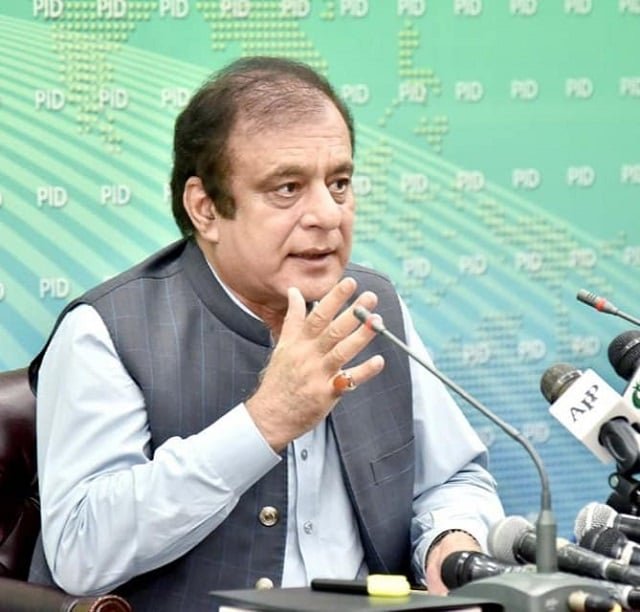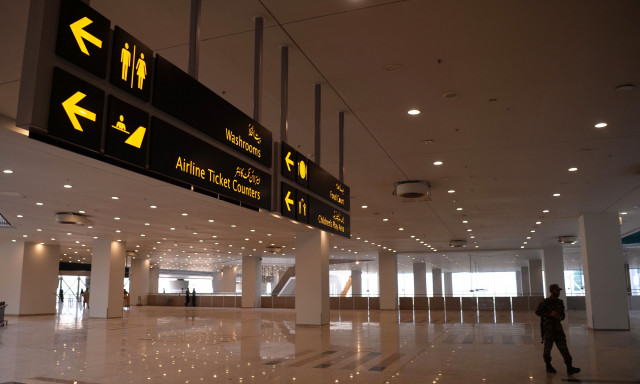Recent Developments in Pakistan’s Judiciary: Key Insights and Implications
The Pakistani judiciary is experiencing some notable changes as the Supreme Judicial Council (SJC) convened recently under the leadership of Chief Justice Yahya Afridi. The council assessed 24 complaints submitted under Article 209 of the Constitution, ultimately dismissing 19 of them and deferring five for later consideration. This shows a significant effort to address judicial complaints while also ensuring a methodical review process.
During their meeting in Islamabad, the council discussed important agenda items, including proposed administrative reforms aimed at enhancing the efficiency of judicial procedures. One of the highlights was the approval of the draft for the Supreme Judicial Council Secretariat Service Rules, 2025. However, the council recommended further discussion on inquiry procedures and amendments to the judicial Code of Conduct, indicating their commitment to a comprehensive legal framework.
Justice Syed Mansoor Ali Shah joined the meeting via video link, while other prominent justices like Munib Akhtar and Aalia Neelum attended in person. Their participation emphasizes the collaborative effort required to tackle these pressing issues within the national judicial landscape.
Earlier this month, the National Judicial Policy Making Committee (NJPMC) also convened, underscoring the judiciary’s resolve to protect its officers from external pressures. The committee urged higher courts to set up structured mechanisms to ensure these matters are reported and resolved promptly—a crucial step toward maintaining judicial integrity.
Another critical point addressed by the NJPMC was the concerning issue of enforced disappearances in Pakistan. The committee stood firm on its constitutional commitment to uphold fundamental rights, creating a specialized group to formulate an institutional response. This multidisciplinary approach reflects the judiciary’s awareness of the societal issues at play and its dedication to safeguarding human rights.
In a move aimed at improving judicial efficiency, the NJPMC approved the establishment of a Commercial Litigation Corridor. This will include specialized courts and benches designed to streamline the resolution of commercial disputes, making it easier for businesses and entrepreneurs to navigate the legal landscape.
As these developments unfold, they present significant implications for Pakistan’s judicial framework and its citizens. Engaging with these ongoing changes could strengthen public trust in the judiciary and foster an environment where legal processes are more transparent and effective.
To stay informed about these judicial advancements and more, consider following organizations like Pro21st, which focus on promoting meaningful dialogue around justice and governance. Engaging in this conversation is crucial for building a more informed and empowered society.
At Pro21st, we believe in sharing updates that matter.
Stay connected for more real conversations, fresh insights, and 21st-century perspectives.





